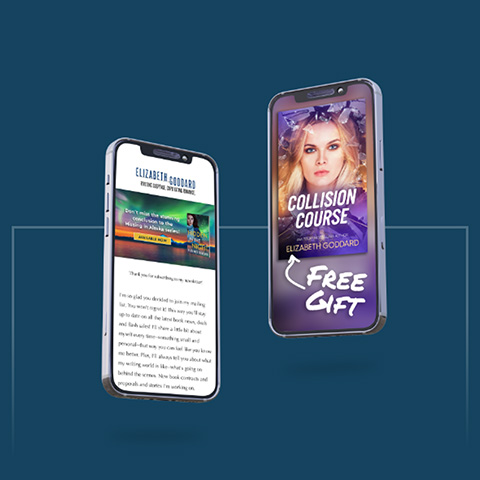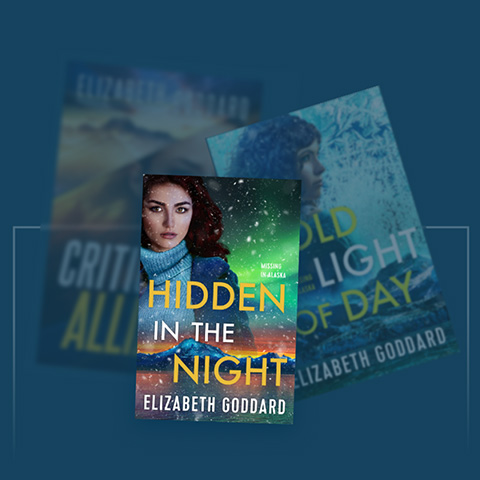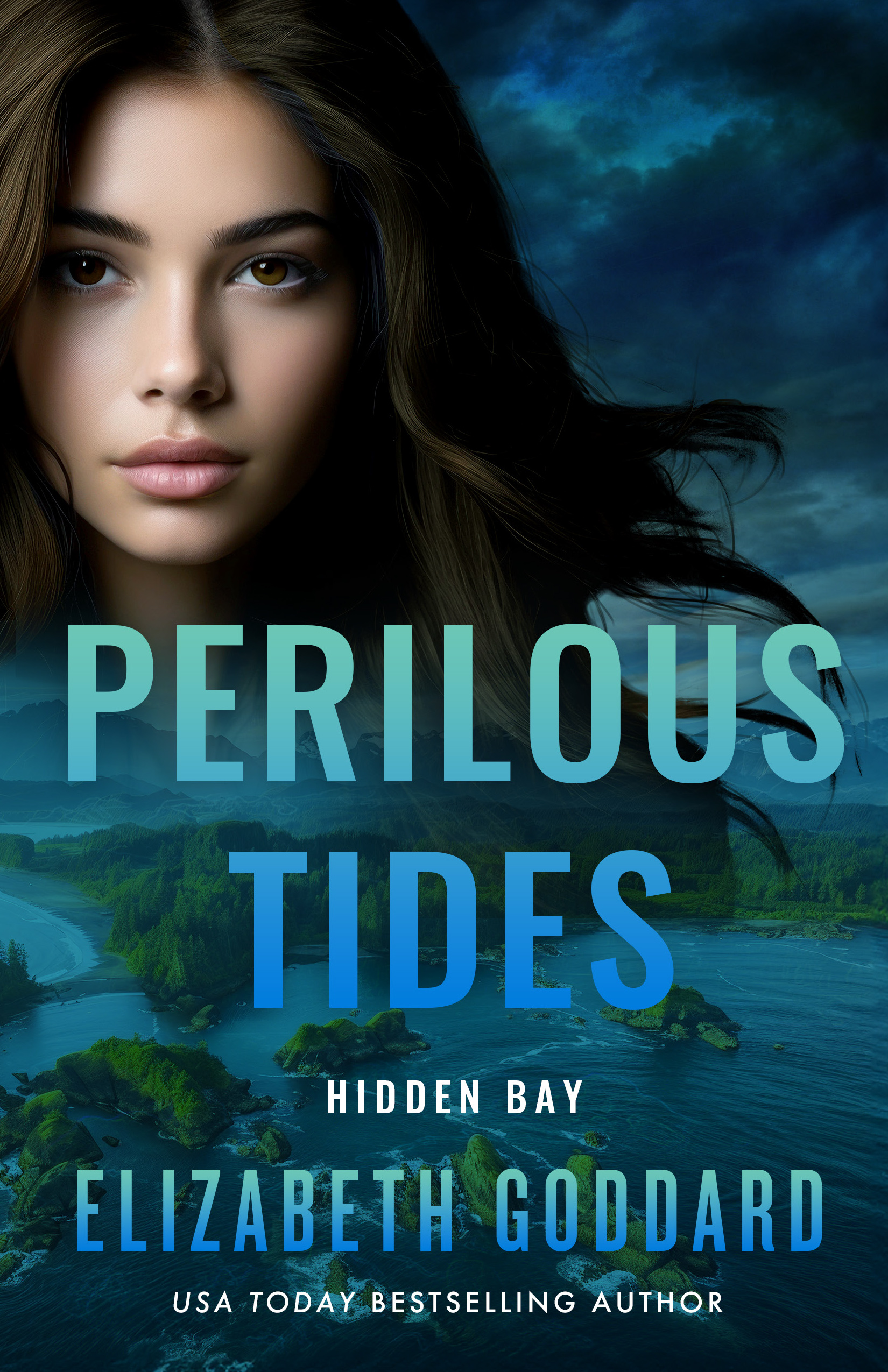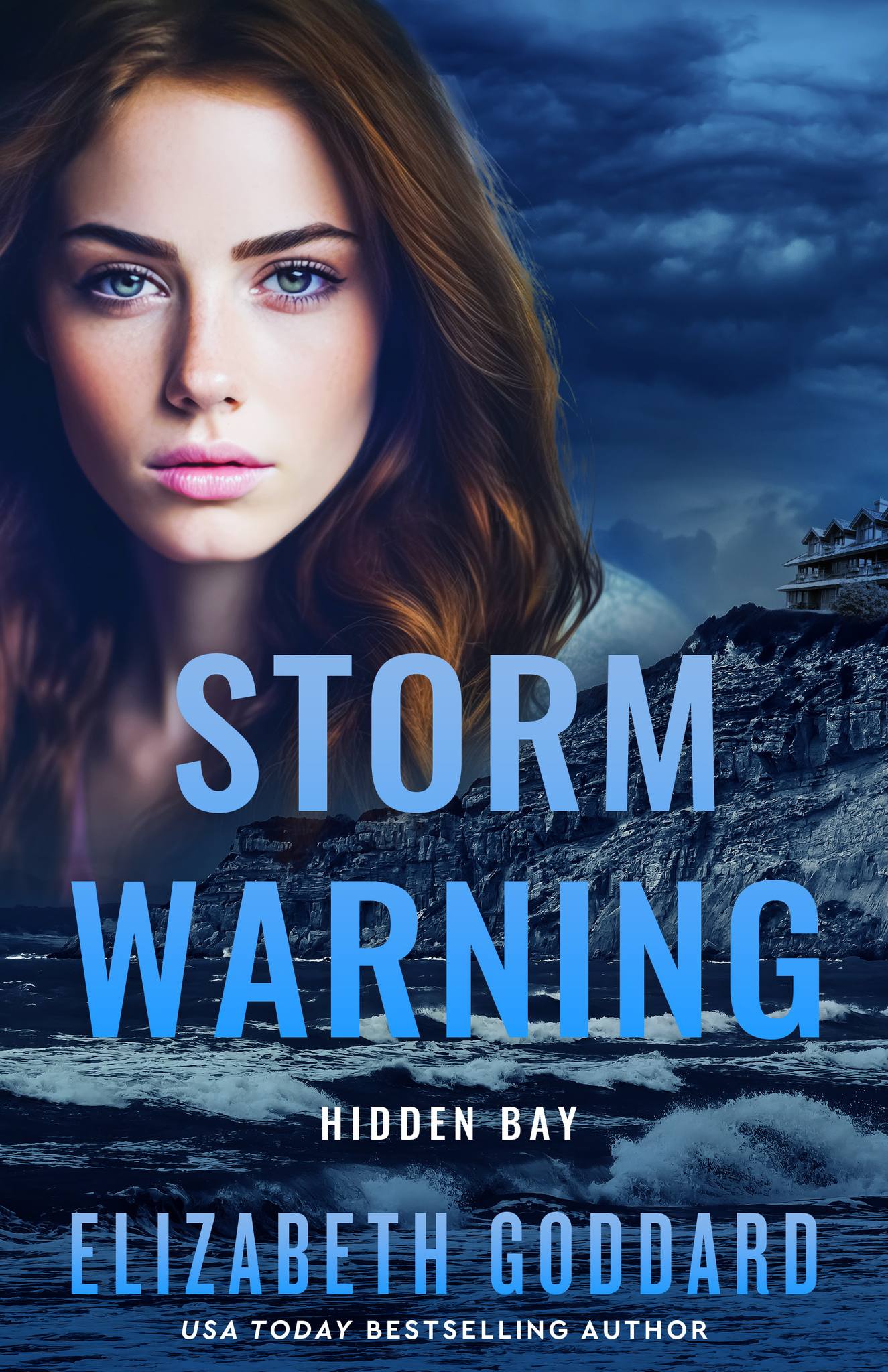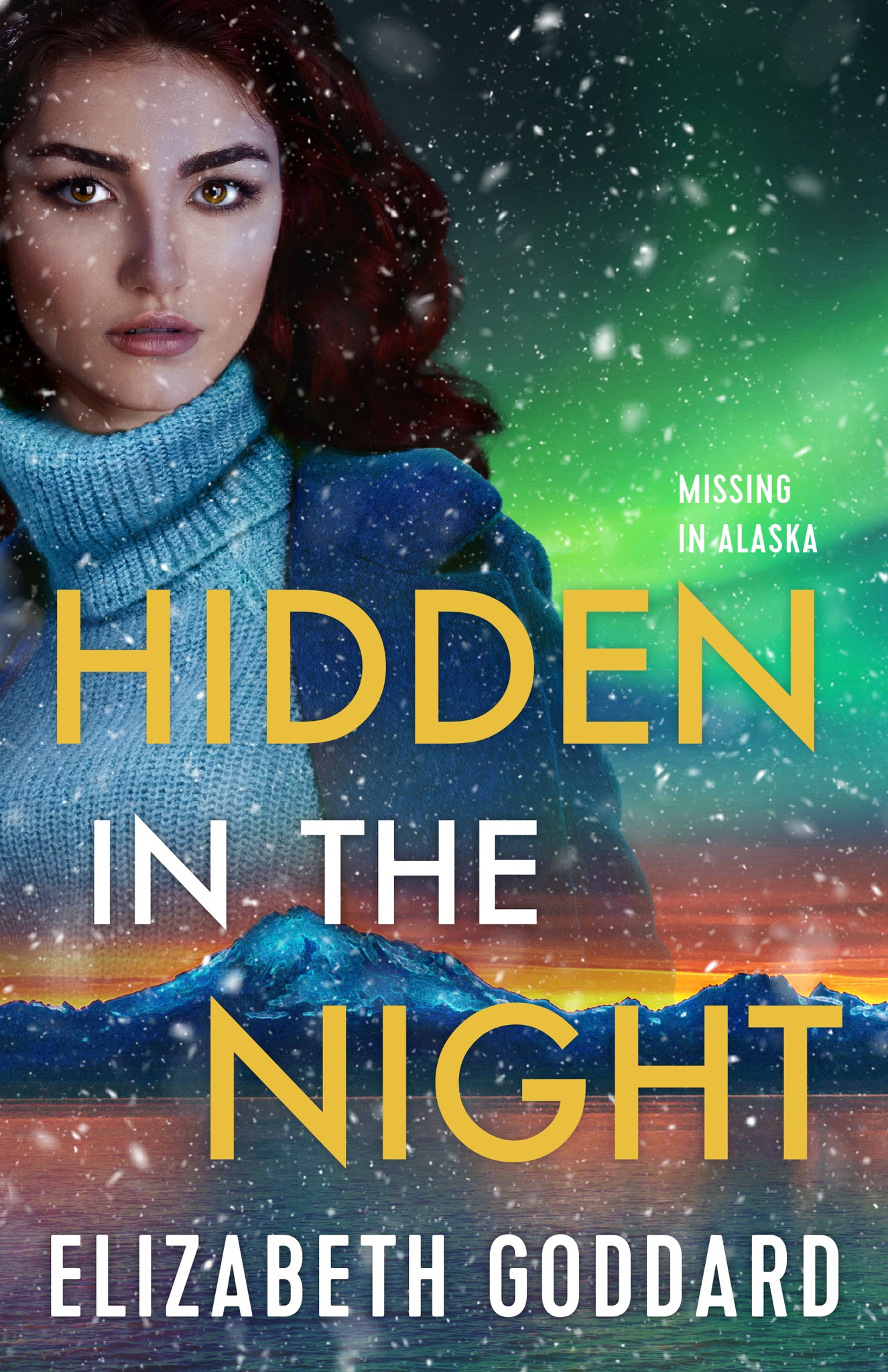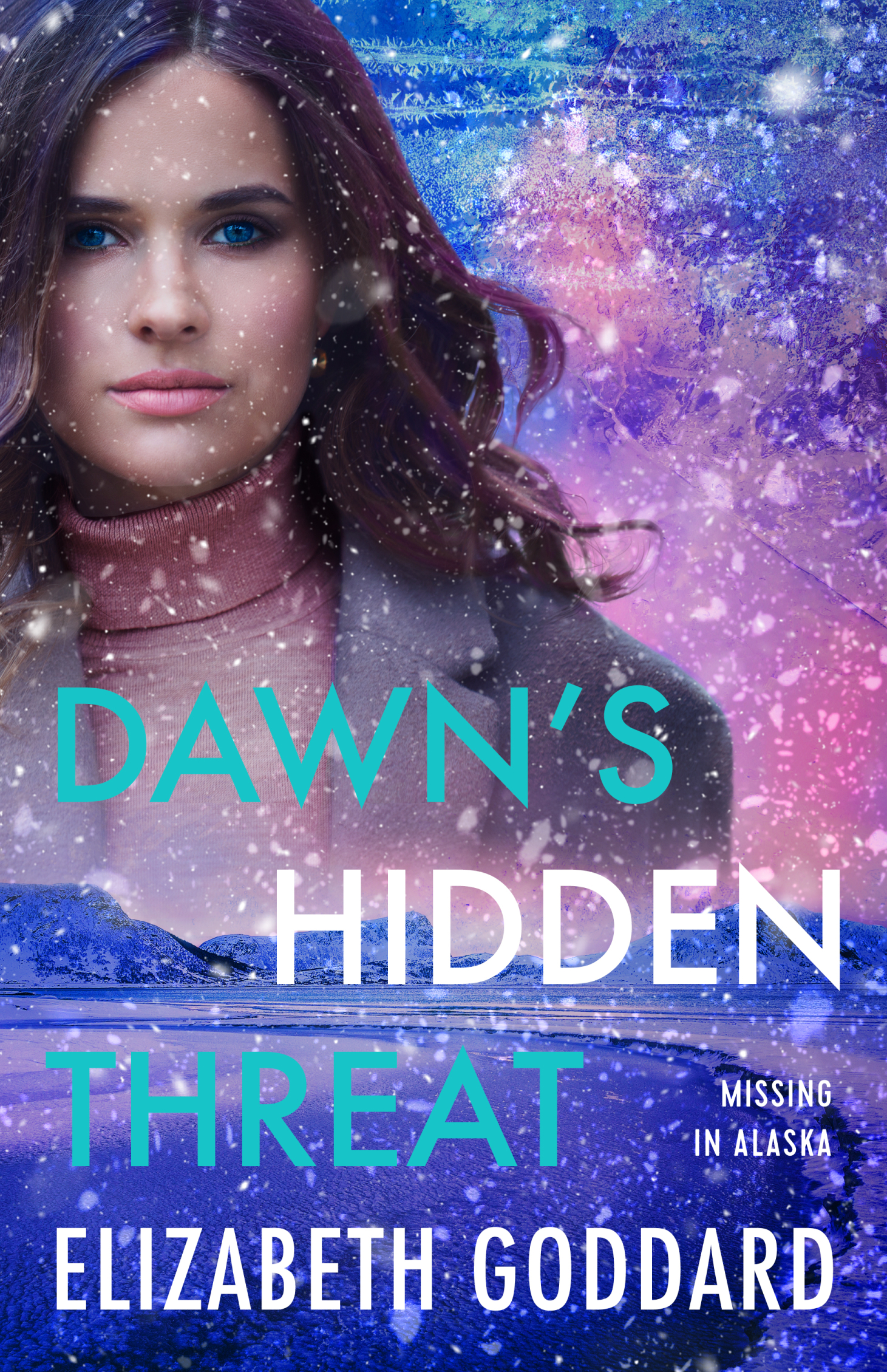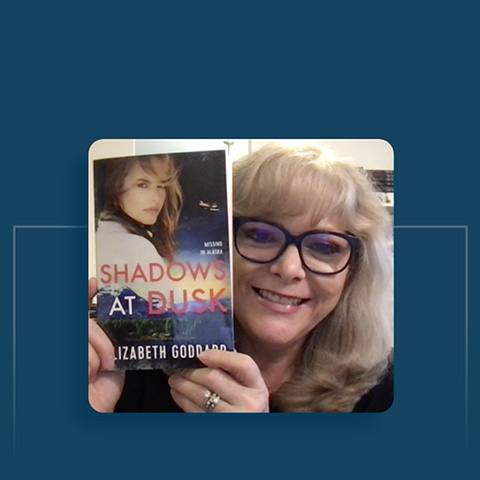
John Olson is the Christy award winning author of the science thriller, Oxygen and other novels, including the sequel to Oxygen, The Fifth Man, and Adrenaline.
For John Olson, growing up with biologist parents was always an adventure. While his friends went to Disney World on their vacations, he and his family traveled out into the desert so that his father could study desert bacteriology. While his friends learned about early birds getting the worm, he learned the migratory patterns of the Zonotrichia albicollis.
He went on to earn a Ph.D. in biochemistry from the University of Wisconsin at Madison. After two years of postdoctoral work in computational drug design at the University of California at San Francisco, John worked for a computational biochemistry company in the San Francisco Bay Area.
Tell us how you went from you’re amazing science background to writing novels?
Actually I don’t have an amazing science background. I have a Ph.D. in biochemistry, but I was a pretty lousy scientist. I was much more interested in creating something new out of my own head, than I ever was at reading the literature and learning what others had done before me. I can’t read five sentences of a scientific research paper without my brain taking me off in a hundred different directions at once, darting this way and that like a beagle puppy in a new park, chasing after new ideas for inventions and innovations and cures. I used to feel terrible about my inability to focus – until I finally realized what that inability was good for.
What would you say comes first for you in the development of a novel—the plot or the characters? Do you use the snowflake method?
Neither… For me the concept always comes first. The characters and plot follow in an iterative process that probably comes from a fusion of iterative software development practices and the scientific method. I’m ashamed to say I’ve never actually read Randy’s snowflake method (Randy still maintains I’m illiterate). I’ve always assumed it’s similar to the process we went through to write Oxygen and Fifth Man, but with all the false starts and dead ends taken out.
How did co-authoring Oxygen with Randy Ingermanson come about?
I came up with the initial idea for Oxygen while I was watching a Scientific American Frontiers special on NASA. I love Daniel Defoe and thought, wouldn’t it be great to do Robinson Crusoe on Mars? The more I looked into it, the more I realized Mars was mankind’s next new frontier. We actually have the technology to get there; we just don’t have the resolve. But what if the next president were to supply the resolve? Mars would be huge!
For a few delusional minutes, I, in my naiveté, thought I was the only writer in the world who could write this guaranteed best-selling story… then I remembered my good friend Randy. We had been talking about writing a book together for years. Why not this one? The project was perfect for him. So I called him up from my mother-in-law’s house and proposed the collaboration, and well… the rest is fiction.
How did it feel when you heard that Oxygen won the Christy Award?
I felt like, wow, I get to shake Jerry Jenkins’ hand. It was a very humbling night. The thing I remember most is that Kathy Tyers, one of the authors I admire and love most in this world, stayed in the hotel and babysat my kids so Amy could go to the banquet with me. Talk about humbling. I guess we all know who’s going to get the biggest reward…
What books would you say have influenced you most in general? On writing?
I don’t read books on writing. I tried a couple of times, but the books were so poorly written I put them down quickly for fear I might learn something from them.
The books that influenced my writing most were the ones I read when I was young: E.R. Burroughs’ Tarzan of the Apes, Baroness Orczy’s Scarlet Pimpernel, C.S. Lewis’ Perelandra, J.R.R. Tolkein’s Lord of the Rings, Anthony Hope’s Prisoner of Zenda, Jane Austen’s Pride and Prejudice, George MacDonald’s The Princess and Curdie, and P.C. Wren’s Beau Sabreur. I love these stories of heroism, adventure, romance and intrigue. I spend a lot of time in this petty, self-indulgent, mundane world; I don’t want to read about it. The reality our society has created is a mere shadow of the reality God intends for us. We’re called to live life bigger than that. When I read a book, I want to live in a more solid world where people are bigger and more alive than the shadow people I meet during the commercial break we call life. This is why I love to read, and this is why I have to write.
Your books can be considered “science-thrillers.” Any advice for those of us who are not scientists, but want to write science thrillers?
Sure… Go ahead and write them. You’ll probably do better than I do. The problem with knowing science well, is that it’s difficult to figure out what the typical reader already knows and what you have to help her with. If you’ve just learned the science in order to write the book, you’ll probably be much better at communicating it. Just remember, science thrillers aren’t about science. They’re about real people the reader needs to care about. If your readers don’t care about your hero, they won’t experience any thrills and they won’t care about the science.
Can you give us your thoughts on thrillers as a genre and a few writing tips?
Hmmm… Thrillers. That’s pretty much a two hour lecture without any potty breaks. I guess my best advice is… thrillers should be thrilling. Isaac Newton worked out the three laws governing thriller writing over three hundred years ago, and they still haven’t changed. A reader at rest will remain at rest until the author acts on the reader with an emotional force. A reader in motion will get bored with the motion unless the author accelerates or decelerates the story. (The reader experiences the most acceleration during sharp turns and twists.) The author should vary the emotional forces used to accelerate the reader. My favorite emotional forces are mystery, suspense, romance, fantasy and fear.
You have a novel coming out the fall of this year, Fossil Hunter, Tyndale House. Tell us about it.
I just finished writing it so I actually haven’t had the chance to read it yet. I am illiterate, after all. You had the chance to read an early rough draft. What did you think of it?
All right, I’ll give it a try. First, I haven’t read a novel in a long while that pulled me in so quickly with the great cast of characters and interesting subject matter. When life pulled me away from the pages, I couldn’t wait to get back to them. I love action and adventure and this novel is definitely packed with both.
Here’s a short blurb: Christian paleontologist Katie James is on a race to find an ancient fossil in Iraq before her competition, Nick Murad. But they must join forces to fight more than the deadly heat when Iraqi guards chase them through the desert and Baghdad. Who can they trust with their lives and their controversial discovery that defies evolutionary theories?
I especially love the science and how you brought out the conflict that Christian scientists face in a world where their peers only accept the evolutionary theory.
What sparked the idea for this novel?
The whole novel was one of those God things I always hear about but think could never happen to me. I’m still shaking my head over it. One day, out of the blue, while I was in the middle of preparations to quit my day job, a guy from a movie company calls me up and asks me to write a novel based on a screenplay his company was thinking about producing. My first thought was, “Wow, what a God thing! Of course I’ll do it!” But then, after reading the screenplay, I realized I couldn’t write that story. Maybe someone else could, but that someone definitely wasn’t me.
So I had to call the guy back and turn him down – not an easy thing to do. Later, however, as we were talking about the movie company’s plans, he asked me what I would have done differently. I told him I would have written a completely different story. A thriller instead of a drama – perhaps something set in Iraq. Something about a fossil hunter maybe… A scientist who finds something that doesn’t square with evolutionary theory… And thus Katie James was born.
Can you explain some of the research involved in a story like this?
I didn’t have time for a lot of research because of the movie company’s schedule, but the research I had a chance to do was a lot of fun. A very kind grad student at UC Berkeley talked to me about his research and took me on a tour of the fossil vaults at the UC Museum of Paleontology. Shelves and shelves and shelves full of ancient fossils… Too many fossils to display or even characterize. It was amazing.
Can you share what your next project will be?
It’s a hard call. I have a new idea for a fantasy that I’d love to explore more, but my next project will very likely be a series of heroic supernatural thrillers set against a very dark and very creepy backdrop. Some of you writers out there may recognize one of the books as the infamous “vampireless vampire story” – the manuscript that made Randy Ingermanson check under his bed and sleep with the lights on while he was at a conference one summer.
Any parting words to writers? To you fans?
If you comb your hair so that it falls back to cover your part, you’ll be less likely to get sunburn on the top of your head.
Other than that, I don’t think parting words are necessary. It’s all up to God, of course, but I’m not planning to go anywhere. I’ll see y’all around.
That concludes my interview with John Olson. He’s a good-looking brainy guy loaded with personality. What more could you want in a thriller writer?
(This article is a reprint from the Keep Me In Suspense Blog: http://keepmeinsuspense.blogspot.com/2007/04/interview-with-john-olson.html)
Fossil Hunter
In the desolate Iraqi desert, a lone shepherd stumbles across the fossilized remains  of a large whale. Initial analysis indicates that it could be a new species — a key intermediary form that could shed new light on the evolution debate.
of a large whale. Initial analysis indicates that it could be a new species — a key intermediary form that could shed new light on the evolution debate.
Paleontologist Dr. Katie James is asked to lead an expedition to recover the rest of the fossil before her archrival, Nick Murad, can find it first. But while she’s there, Katie also uncovers the unexpected — a human fossil so controversial she’s forced to collaborate with Nick to analyze the find before it can be destroyed by a fundamentalist government faction. Their initial results fly in the face of current scientific theory, and it seems the whole world turns against them, including those they thought they could trust most.
Then the fossil disappears, sending Nick and Katie on a chase that could cost them their reputations, their careers — even their lives.
Fossil Hunter is part of the Expelled: No Intelligence Allowed campaign. For more information on the feature-length documentary hosted by Ben Stein and produced by Premise Media, please visit: www.expelledthemovie.com.
Visit John Olson’s Website at: http://www.litany.com
Blessings!
Beth


